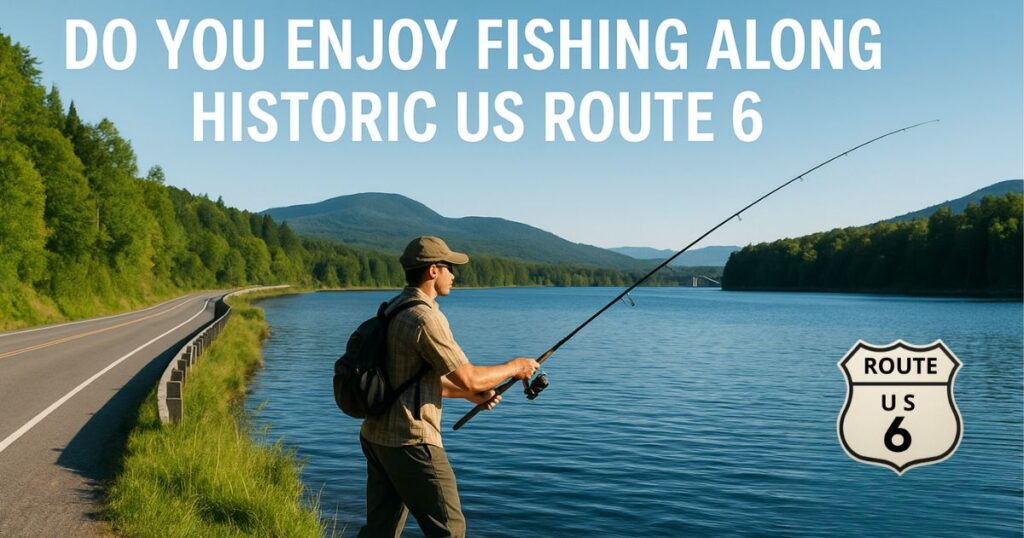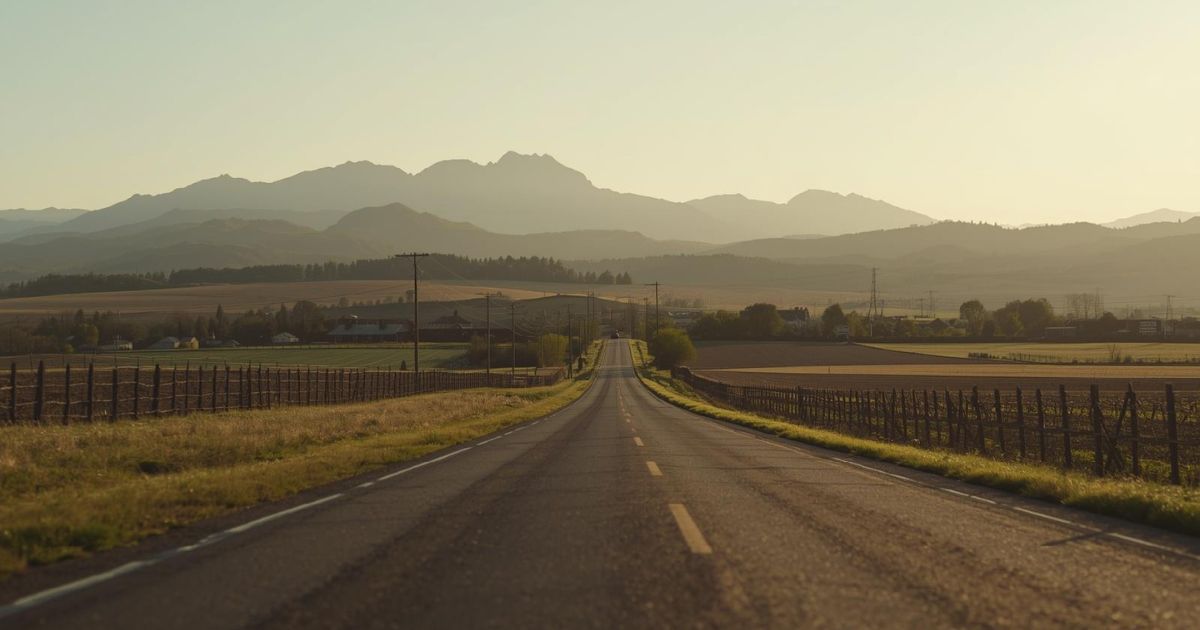
Yes, you should bring fishing gear when exploring Historic US Route 6, as it passes numerous lakes, rivers, and coastal areas with excellent fishing opportunities. With a span of over 3,600 miles from coast to coast, the specific type of gear you need will depend on which segment of the route you plan to travel.
Notable fishing locations along Route 6
Pennsylvania
The section of US Route 6 in Pennsylvania, known as the Pennsylvania Route 6 Heritage Corridor, is especially scenic and provides many fishing spots.
- Pine Creek in the PA Grand Canyon is known for its excellent fishing. The area also features the Pine Creek Rail Trail for hiking and biking.
- Prince Gallitzin State Park offers a 1,635-acre lake with excellent fishing for a variety of species. Activities like camping, boating, and hiking are also available.
- The Upper Delaware Scenic and Recreational River features incredible views and great fishing opportunities for smallmouth bass.
California
Near the western part of US Route 6, the Eastern Sierra region is a favorite spot for anglers.
- Bishop Creek offers incredible creek and lake fishing for rainbow and brown trout, especially during the fall. Notable lakes in this area include South Lake and Sabrina Lake.
- Silver Lake, located on the June Lake Loop, is a popular camping and fishing spot with clear water and stunning views.
- The Upper Owens River is another prime spot for trout fishing during the fall, winter, and spring.
Rhode Island
As US Route 6 approaches the East Coast, marine fishing opportunities become abundant.
- Stump Pond Fishing Area offers a quiet spot for fishing, kayaking, and canoeing.
- Fort Wetherill State Park features rugged granite cliffs with beautiful ocean views and excellent fishing from the shore or pier.
- Colt State Park provides scenic views of Narragansett Bay and a fishing pier, with opportunities for saltwater species.
Important considerations
- Research local regulations: Fishing regulations can vary significantly by state and even by body of water. Before you go, research the specific rules for the area you’ll be in, including licensing requirements, catch limits, and seasonal restrictions.
- Pack thoughtfully: Since you’ll be traveling by car, consider a compact or travel-style fishing rod that is easy to transport. You can pack a basic set of tackle, including hooks, weights, and lures, and potentially purchase specialized gear based on local advice.
- Connect with locals: Engaging with locals or visiting nearby bait shops is an excellent way to get up-to-date information on what fish are biting and what gear works best.


